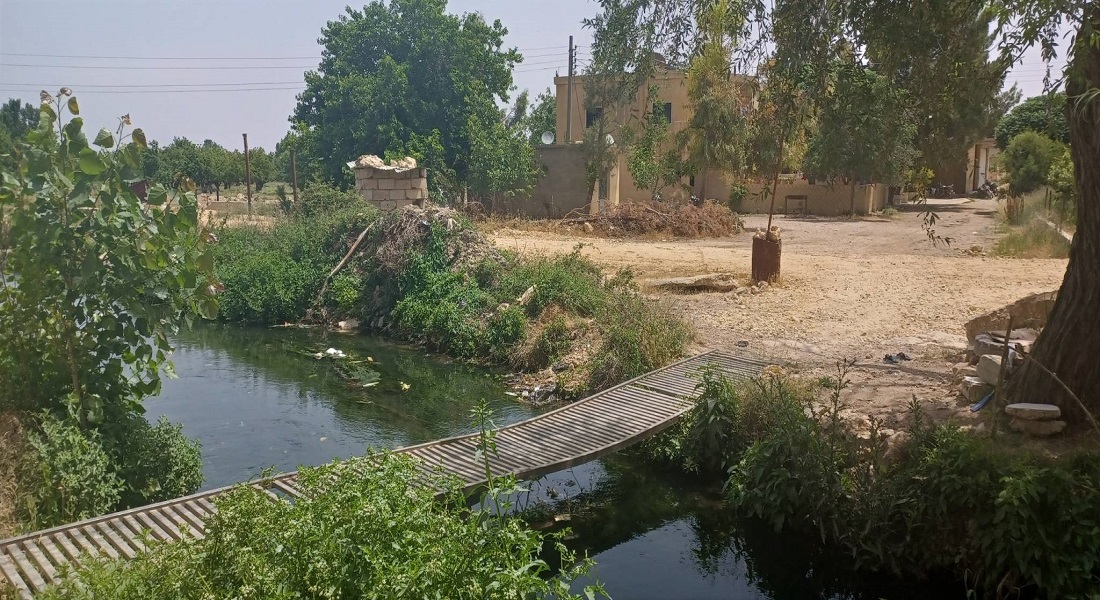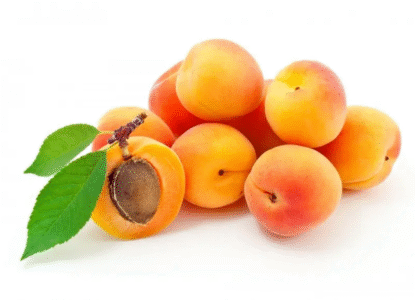The Military Operations Department in Syria continues the process of closing illegal crossings with Lebanon
January 15, 2025

The Military Operations Department in Syria continues, for the second day in a row, the process of closing the illegal crossings on the Syrian bank of the Great River, which began yesterday, as Syrian bulldozers close many of these crossings from the Syrian side, fill them in, and erect high earth berms. As the Lebanese army closed a large number of them at the border.
It was reported from inside Syria that this process will take some time, given the length of the border, and given the large number of illegal crossings that have been opened, and which are constantly being opened by gangs cooperating on both sides of the border.
Owners of lands suitable for opening the crossings were warned that they would be held accountable and legally punished if the crossings were reopened again.
It is noteworthy that smuggling operations active on a large scale at the northern and northeastern land borders with Syria have begun to take a rampant turn, with everyone who has ownership on the Lebanese or Syrian banks opening special crossings, through which they provide protection and sponsorship for smuggling operations between the two countries. This is done through cooperation and coordination between the smuggling gangs, which pour huge sums of money into this way to buy the right to pass through these crossings.
Some of those interested or familiar with this matter point out that the Syrian market’s need for large quantities of products, most notably fuel, especially domestic gas, in addition to foodstuffs, pushed smuggling operations to their peak during this period, especially since all the legitimate northern border crossings between the two countries are It was closed due to the Israeli attacks that destroyed the bridges along the Great River.
Farmers, industrialists, economists, and merchants confirm that there is a priority that the Lebanese and Syrian states must give to the reconstruction and restoration of these crossings (Al-Arida, Al-Aboudieh, and Qamar Bridge in Wadi Khaled), to open them quickly, as they are vital economic arteries for both countries.









